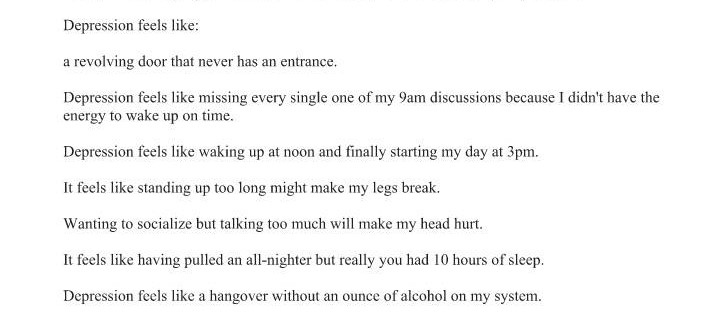Feminism, “What a Turn Off!”
“Philosophy!? Why? You women have it easy, just get married and stop complicating your life! You silly creatures insist on making things challenging,” a professor in the philosophy department kindly suggested when I asked for advice about pursuing an academic degree. Confused about whether I should be flattered or offended, after all, I had the honor of receiving guidance from a highly praised professor, ultimately got me thinking. Perhaps I am too sensitive when it comes to trivial comments of that nature.
Feminism expands to different areas of the brain, and at the beginning, like many carriers, I was not aware of such disruptive disease. Dr. Crosby, a philosopher, neuroscientist and feminist survivor, explained that feminism is a matter of perception:
“It is as if a ‘veil’ is removed and, gradually, the individual begins to see the bystander effect in which he/she is currently embedded. It causes a strange impulse to re-assess, negotiate, and even challenge the available societal and political templates.”
However, infected patients constantly express the quest to be heard. “It’s almost as if you gain a new language. A semantic realm that makes sane people uncomfortable,” said Carlatta, who recently found out she had contracted the disease. Meanwhile, in the classroom, many individuals raised their concern over sitting next to a feminist: “It just spreads too easy; I don’t want to risk being single!” said Rosey, a student majoring in political science. “Once it hits you, there is no turning back.”
A recent study revealed that, when defining feminism, 87% of individuals were not able to move past words like “irrational,” “moody,” “menstruation,” and “fallacies.” This is why it is so hard for a feminist to simply “come out of the closet,” said Dr. Crosby. “To a large part of society, the manner in which a feminist cognizes the world it is still subject to ridicule, ostracism and even censorship.”
Despite the indifference and mockery, feminists are still hopeful. Even though anyone is capable to rationalize (and empathize) with personal and global issues, the disease itself serves as a catalyst for social demystification. Ultimately it is another resource available to any individual interested in moving past the preconceived notions of what the disease stands for–which is not the focal point.
**Research is currently underway for possible medical treatments to help feminists jolt back to fun activities like socializing, dating, and enjoying T.V.




